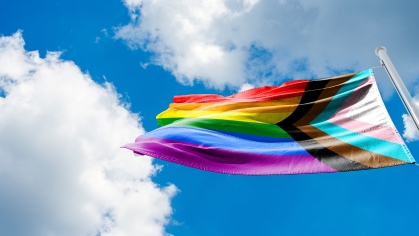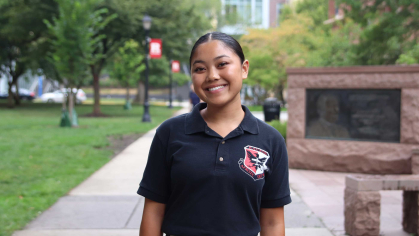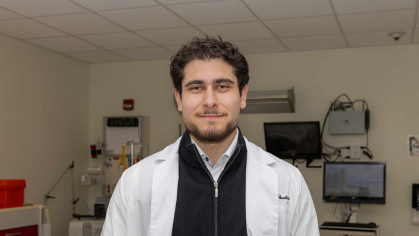Fulbright Student Dives Into Health Research While Exploring Her Roots
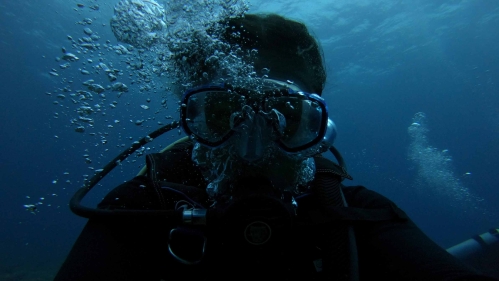
Before attending New Jersey Medical School, Rutgers-New Brunswick alum Erin Go studied barriers and facilitators to HPV vaccine access in the Philippines
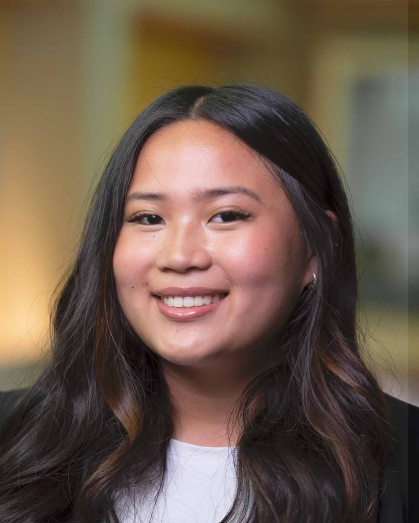
Ahead of starting medical school in July, Rutgers University-New Brunswick alum Erin Go pursued public health research close to her heart – and her family roots – in Manila, the capital of the Philippines.
Aided with a grant from the Fulbright U.S. Student Program, the 22-year-old focused her project on disease prevention and health equity, particularly among out-of-school girls, in regard to accessing human papillomavirus, or HPV, vaccines. Her research abroad began in September and concluded in June.
The Edison, N.J., resident, who earned her bachelor’s degree in cell biology and neuroscience in May 2024 from the School of Arts and Sciences and now attends the New Jersey Medical School, discusses her Fulbright project, what drew her to biology and making time for free diving and scuba diving.
What brought you to Rutgers?
With the uncertainty of everything going on with COVID and being fresh out of high school, I wanted to be close to home. I was offered a scholarship, too, which was a big draw.
Also, Rutgers has the reputation for having excellent research opportunities, which I was able to take advantage of during my undergrad years to learn about and explore different fields of research.
What drew you to your field of study?
I’ve always loved learning about biology, particularly physiology. I find it interesting how these small molecular interactions in the human body lead to bigger biological processes essential to life.
While not my major, I conducted my Fulbright research in the public health field because of my family history with diabetes, hypertension and recurrent preeclampsia. The negative effect that poverty had on their health outcomes while living in the Philippines had a significant influence on my research and career interests. Meanwhile, my 2023 internship at the Johns Hopkins Bloomberg School of Public Health – which focused on social and behavioral interventions for international health efforts, including group antenatal care as an intervention to reduce maternal mortality in rural Benin – motivated me to conduct further research into women’s health.
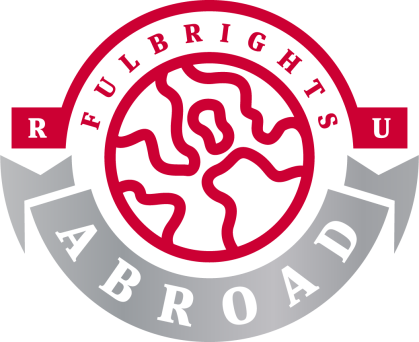
Because of these factors, I wanted a Fulbright experience geared toward disease prevention and health equity, which I worked to achieve through my research on HPV vaccine access. Also, as part of my community outreach efforts, I partnered with the University of the Philippines College of Medicine and the American Preventive Screening and Education Association to teach Filipino medical students how to screen for hypertension and provide advice on lifestyle changes to prevent or manage high blood pressure. We conducted free hypertension screenings in several communities throughout Metro Manila.
Describe your Fulbright project.
I interviewed out-of-school girls ages 11 to 14, their parents and community health workers in Manila to identify the barriers and facilitators that affect out-of-school girls’ access to HPV vaccines in urban Philippines. My research focused on out-of-school girls – drop-outs and girls with long-term absences – because the main HPV vaccination programs in the Philippines are school-based, leaving girls with long-term absences, or who have dropped out, unvaccinated against HPV and unprotected against HPV-related cancers like cervical cancer. This is especially worrying because out-of-school youth are more likely to engage in risky sexual behaviors and contract sexually transmitted infections, like HPV.
Through my research, I aimed to understand the emotional, cognitive, social and logistical attributes that determine a person’s likelihood to vaccinate themselves or their daughter against HPV.
I then assessed how the reality of these attributes in implementation compare to the preferences and opinions of community members and key stakeholders, so that we could understand how to improve HPV vaccine acceptability and uptake among out-of-school girls.
What have you gained from your study-abroad experience?
Although I am Filipino, this experience showed just how different it is to be Filipino in an American environment compared to living in the Philippines and being fully immersed in the culture.
Growing up in the U.S., the Filipino cultural influences were diluted and there was obviously a predominant American influence in my upbringing. While living in the Philippines, I learned how to adapt to various cultural differences and ways of communication, especially as I interacted with people in my professional relationships as well as the day-to-day social interactions.
Navigating and, most of all, adapting to these differences strengthened my cultural competence and awareness, which are essential to my future career in medicine and public health.
It was truly a humbling experience that broadened my worldview. While traveling, I was able to speak with locals and tourists alike and meet people from all walks of life – from Europeans hostel-hopping around Southeast Asia, to the mahouts taking care of rescued elephants in the Chiang Mai mountains. It was amazing to see the diversity in human experiences and ways of life, and to listen and learn about other people’s life experiences.
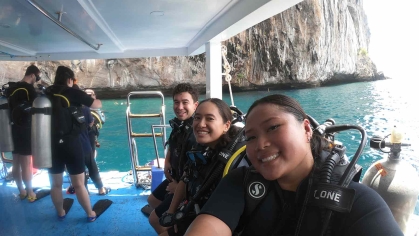
How do you plan to apply what you’ve learned moving forward?
I plan to apply these new skills and learnings to my future international health research and career in medicine. The adaptability, confidence, and problem-solving skills I gained from living by myself on the other side of the world will help me navigate challenges better moving forward. My Fulbright experience also strengthened my ability to serve diverse communities and advocate for vulnerable populations, which will guide my work in global health and patient care.
While studying abroad, how did you spend your free time?
While in the Philippines for Fulbright, I tried a few new hobbies. For example, I spent weekends in La Union learning how to surf.
I first learned how to free dive in Barracuda Lake, Coron, and in the subsequent months, I free dove around the Philippines. We were also allowed two weeks out of the country by the Fulbright Commission and during that time, I free dove with other Fulbrighters in Koh Phi Phi, Thailand, and then Nusa Penida, Bali, Indonesia with the manta rays.
I was also able to continue my hobby of scuba diving, with the most notable dives being in Koh Phi Phi and then off the Philippine island of Malapascua with the thresher sharks.
Undergraduate and graduate students interested in applying for a Fulbright grant may contact the Rutgers-New Brunswick Office of Distinguished Fellowships or the School of Graduate Studies, respectively.

